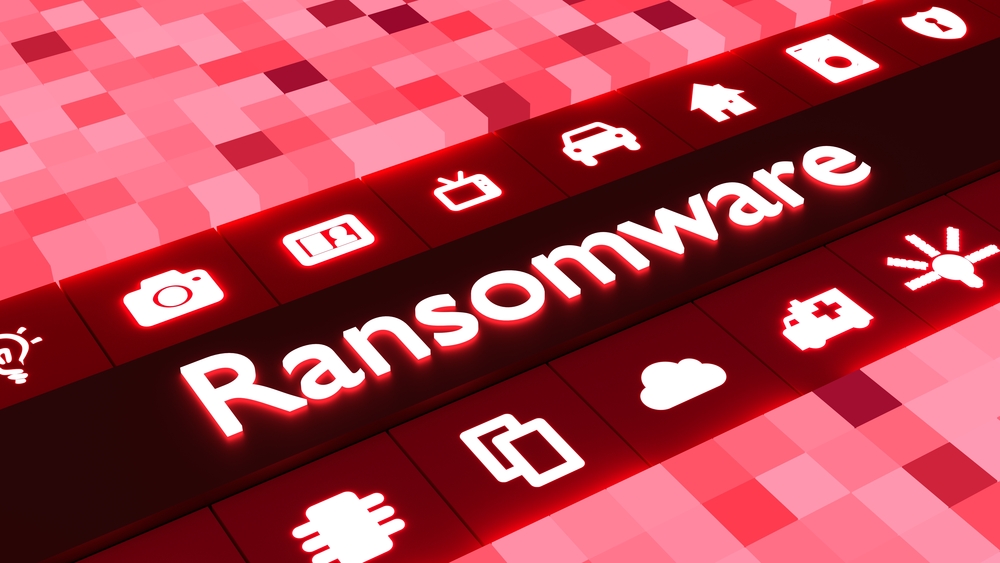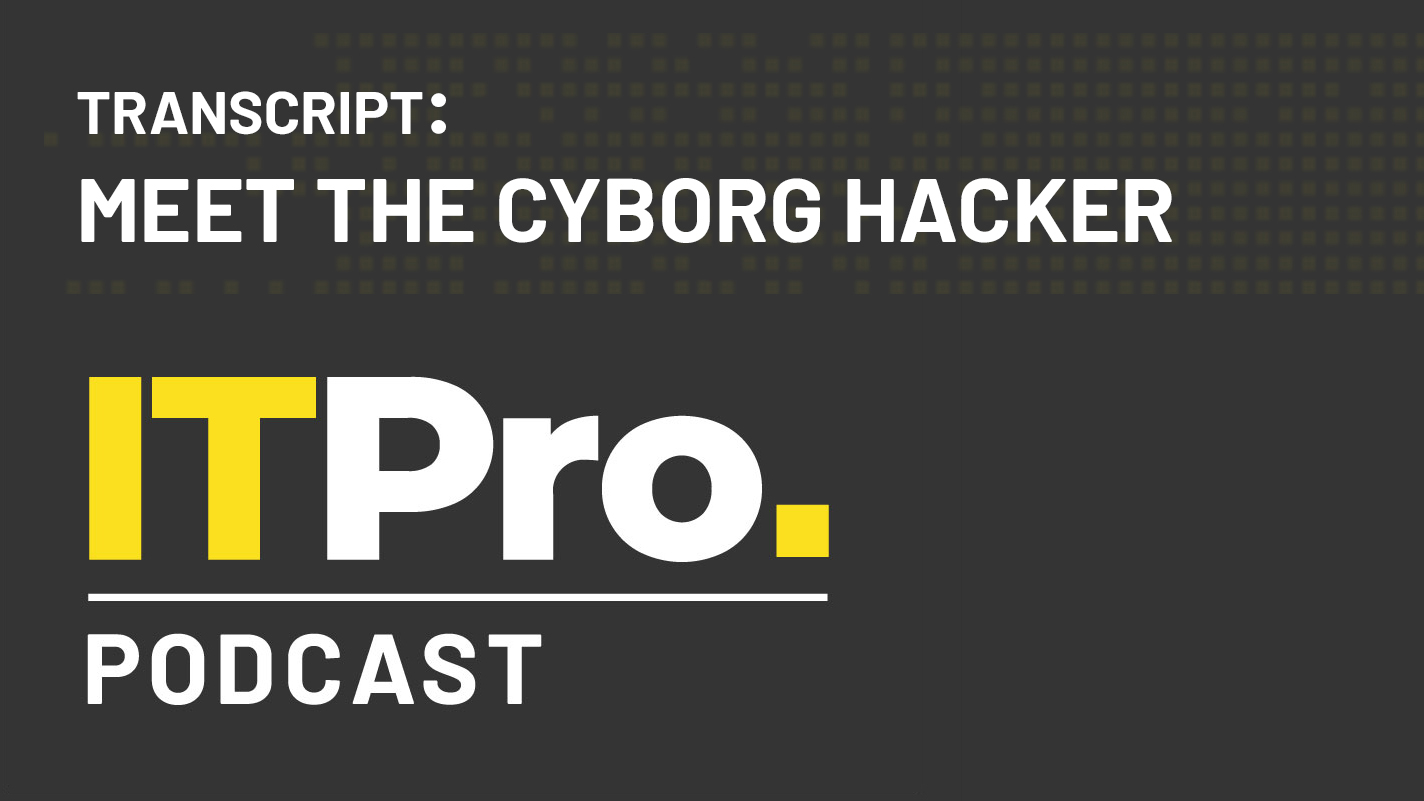Anonymous hijacks Russian broadcasts with footage of Ukraine war
The hacking group said it managed to manipulate the broadcasts of three major Russian state-backed media organisations


The Anonymous hacking group executed another major cyber attack in response to Russia’s invasion of Ukraine this weekend, claiming it hijacked Russian broadcasters and showed war footage from inside Ukraine.
The hacking collective announced the attack late Sunday evening, saying it was able to manipulate broadcasts on TV channels such as Russia 24, Channel One, and Moscow 24, in addition to streaming services Wink and Ivi.
Anonymous’ Twitter account made the announcement, and also shared footage that appears to show the hijacked broadcasts appearing on televisions in Russia.
It’s unclear if Anonymous hacked the broadcasters in question or were able to manipulate the broadcasts by other means, such as interrupting smart TV streams.
“We are #Anonymous. We are involved in the biggest Anonymous op ever seen,” the group tweeted Monday morning. “That being said, we are worried that some governments will indeed see us as a threat and create some scenario to make us look bad (false flag). We only want peace, not war.
“We abhor violence. We are anti-war. We are against police brutality. We have raised our fists in the air to stand against aggressors time and time again. We would never choose to hurt anyone physically. Understand this and know this if any government says otherwise.”
Anonymous also took credit for taking down Russia’s Federal Security Service (FSB) on Saturday too, posting a screenshot of its website not being able to connect.
Get the ITPro daily newsletter
Sign up today and you will receive a free copy of our Future Focus 2025 report - the leading guidance on AI, cybersecurity and other IT challenges as per 700+ senior executives
The hack aimed to show the reality of the war to the people of Russia after the country’s regime effectively outlawed independent journalism last week, imposing a maximum jail sentence of 15 years for spreading what it calls ‘misinformation’, and has made numerous attempts to spread falsehoods about the country’s intentions with its efforts.
Videos supposedly showing a Russian prisoner of war, circulating online in recent days, have shown the soldiers were misled about the situation in Ukraine. The government allegedly told its troops that Ukraine was being occupied by a fascist, Nazi-like regime and they were being sent to help the situation, not cause it.
Access to outside information is slowly closing for Russia’s citizens as the country aims to control the narrative of the war.
The Kremlin blocked access to Facebook and Twitter recently after it said the sites were blocking Russian state-backed media.
RELATED RESOURCE

Legitimate news sources like BBC News have been restricted too, though people in Russia are still able to access such websites via the TOR browser and onion mirrors.
Reporters from British news organisations have been forced to cease their coverage of the war as a result of the Kremlin’s ‘fake news’ law. In addition to a hostile legal environment for journalists, Sky News reporters also reported being shot at by Russian forces despite them making it clear they were from the press.
Journalists sustained gunshot wounds as a result of the ambush, an act that is considered a war crime under international law.

Connor Jones has been at the forefront of global cyber security news coverage for the past few years, breaking developments on major stories such as LockBit’s ransomware attack on Royal Mail International, and many others. He has also made sporadic appearances on the ITPro Podcast discussing topics from home desk setups all the way to hacking systems using prosthetic limbs. He has a master’s degree in Magazine Journalism from the University of Sheffield, and has previously written for the likes of Red Bull Esports and UNILAD tech during his career that started in 2015.
-
 Salesforce wants technicians and tradespeople to take AI agents on the road with them
Salesforce wants technicians and tradespeople to take AI agents on the road with themNews Salesforce wants to equip technicians and tradespeople with agentic AI tools to help cut down on cumbersome administrative tasks.
By Ross Kelly Published
-
 ITPro NAB Best of Show 2025 Awards winners unveiled
ITPro NAB Best of Show 2025 Awards winners unveiledThe best of the best have received accolades for their innovation at this year's NAB show in Las Vegas...
By ITPro Published
-
 Why the Space Force wants white hats to attack a satellite
Why the Space Force wants white hats to attack a satelliteCase study Authorities hope the first-of-its-kind competition could bring benefits to the cyber sector
By James O'Malley Published
-
 OpenAI to pay up to $20k in rewards through new bug bounty program
OpenAI to pay up to $20k in rewards through new bug bounty programNews The move follows a period of unrest over data security concerns
By Ross Kelly Published
-
 New ‘DarkBit’ ransomware gang shuts down Technion, demands $1.7 million ransom
New ‘DarkBit’ ransomware gang shuts down Technion, demands $1.7 million ransomNews A politically charged ransom note suggests DarkBit are one of the newest hacktivist gangs to emerge in recent months
By Ross Kelly Published
-
 Research: Luxury cars and emergency services vehicles vulnerable to remote takeover
Research: Luxury cars and emergency services vehicles vulnerable to remote takeoverNews A "global API issue" has been highlighted through months-long research into brands such as Ferrari and Mercedes-Benz, leaving owners open to hacking, account takeovers, and more
By Rory Bathgate Published
-
 Podcast transcript: Meet the cyborg hacker
Podcast transcript: Meet the cyborg hackerIT Pro Podcast Read the full transcript for this episode of the IT Pro Podcast
By IT Pro Published
-
 The IT Pro Podcast: Meet the cyborg hacker
The IT Pro Podcast: Meet the cyborg hackerIT Pro Podcast Resistance is futile - offensive biotech implants are already here
By IT Pro Published
-
 SpaceX bug bounty offers up to $25,000 per Starlink exploit
SpaceX bug bounty offers up to $25,000 per Starlink exploitNews The spacecraft manufacturer has offered white hats immunity to exploit a wide range of Starlink systems, with a dedicated report page
By Rory Bathgate Published
-
 Nomad happy to forgive hackers if they return 90% of $190 million that was stolen
Nomad happy to forgive hackers if they return 90% of $190 million that was stolenNews The crypto bridge is offering 'white hat hackers' a 10% bounty following the attack earlier this week
By Zach Marzouk Published